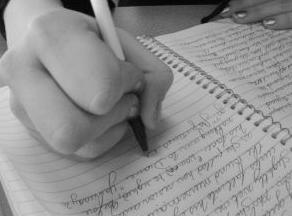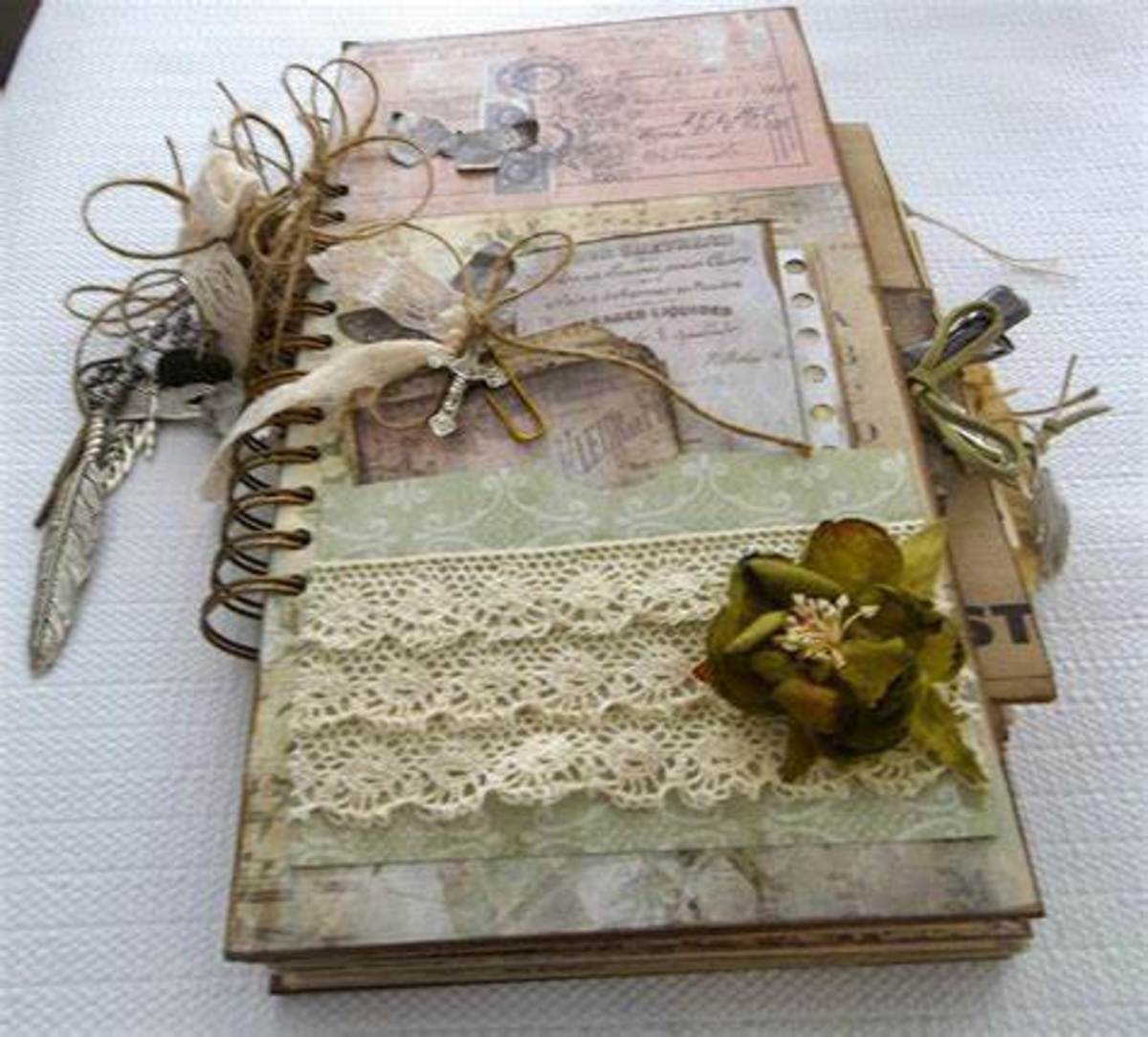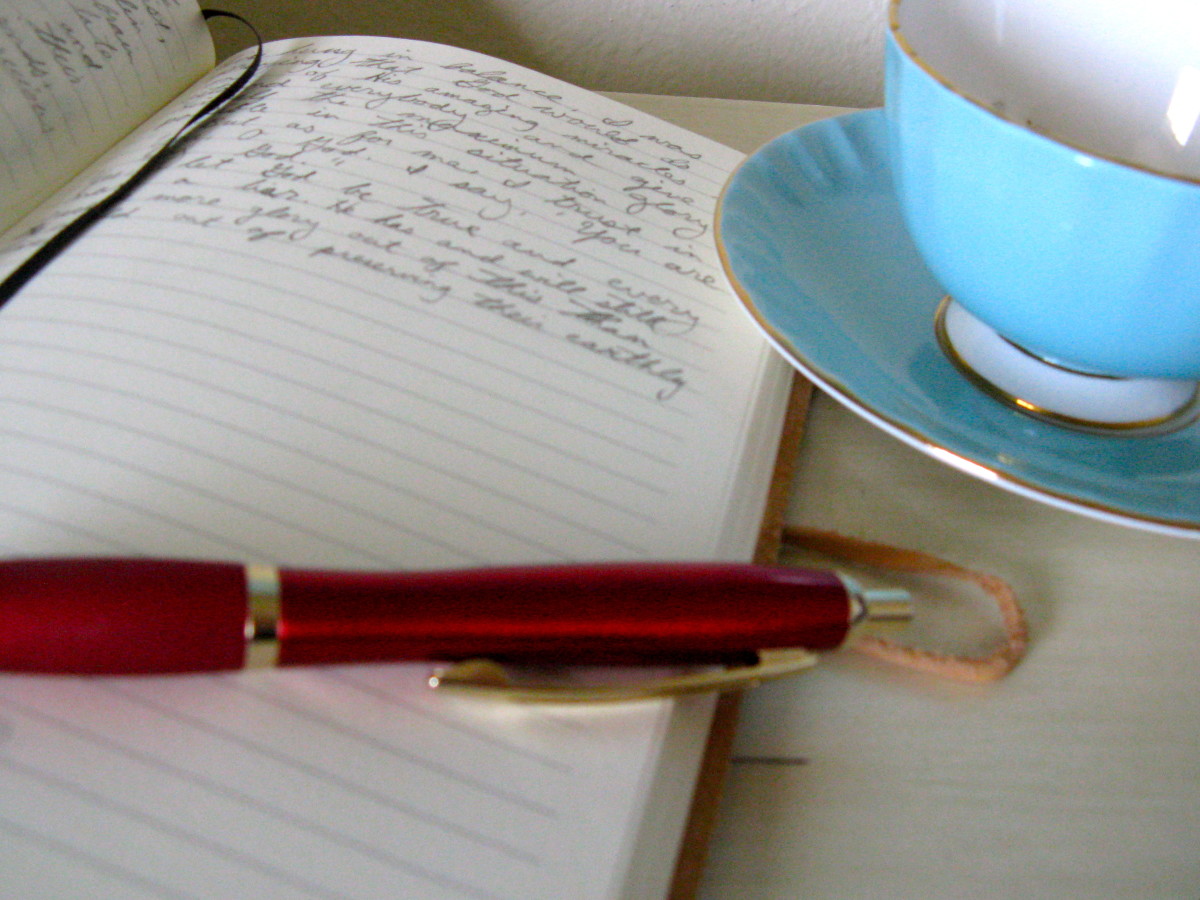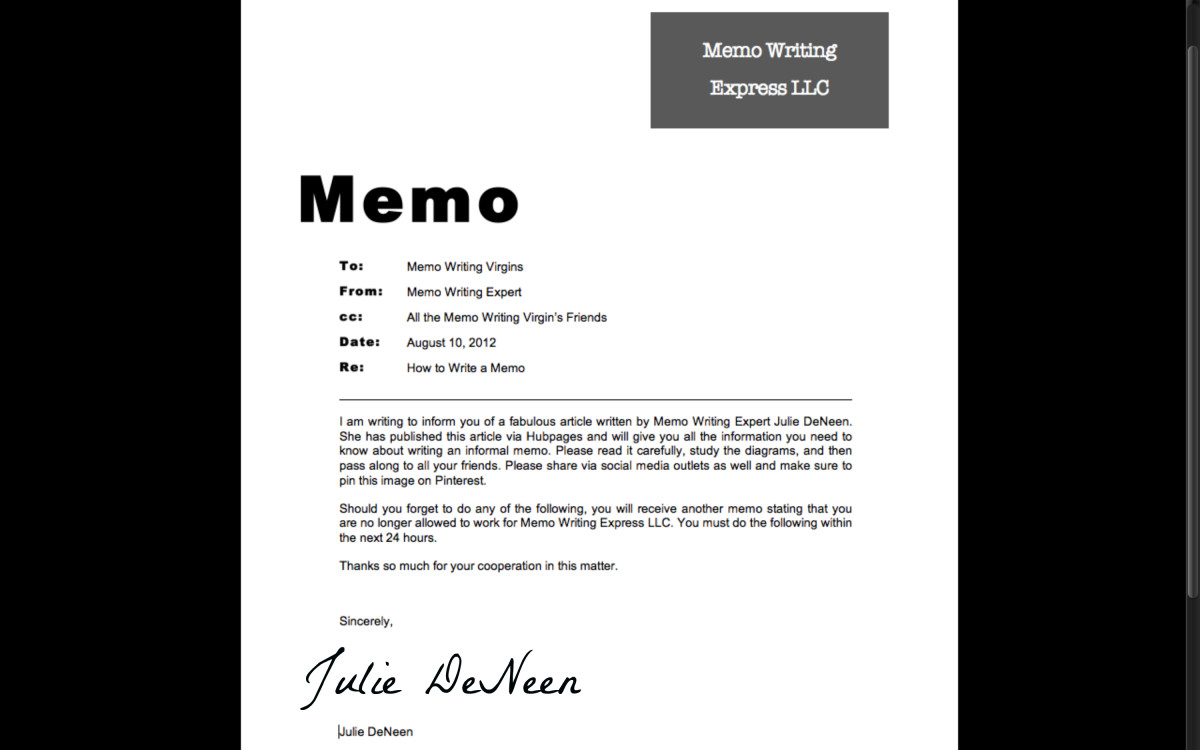How (and Why) to Keep a Journal

If life is worth living, it’s worth recording.
- Tony Robbins
Throughout my life I have started many journals and until now I have not been able to stay faithful to one. What kept me going this time was a few amazing facts about how journals are good for your body, mind and soul and a little discipline.
There are plenty of reasons why it’s good to keep a journal. Benjamin Franklin kept his in order to make himself a better person. In his journal he wrote out every perceived flaw and decided to resolve one every week. By doing his he became the man that we respect so much today. A journal is a place to write out and objectively consider your own flaws and problems. If you’re a writer, a journal is a place to stretch your wings and improve your voice.
A journal can be a place to record your dreams or a place to keep a record of your life. To relate your memories both good and bad so that one day you can look back on them and outwit senility. Maybe you’re journal is something you intend to publish one day as a memoir, maybe it’s a place to write things you wouldn’t dare whisper out loud. Writing in your journal is time spent getting to know yourself better.
Recent research has also proven that a journal is a way to reduce stress. Write the problems that are causing your stress down on paper, close the book and walk away from them feeling a little lighter. Journaling is a powerful tool it makes you feel more positive, heightens your immune system, allows you to get closer to yourself, and it is a cheap, no-risk form of therapy.
I started journaling again after years without it because a new medication has robbed me of the better part of my memory. One day when I try to look back on my life and find it fuzzy and indiscernible, I’ll have this book full of memories.
So, you’ve decided to start journaling. You’re excited to reduce your stress and get to know yourself better. But, how do you go about it? Just read on…
Step one-
Get a pen. A pen is a better choice than a pencil as the graphite that makes up pencil “lead” can fade within a year making your memories and musings difficult to read. Use a permanent ink that dries quickly and will not bleed through to the other side of the page.
Step two-
Get a book. The kind of book you choose to journal in is entirely up to you. For some people it’s important to choose a book that has an attractive cover. Maybe even leather bound. The bottom line is that you need a journal. I use a regular composition notebook like I used to have in high school. The most important thing I’ve found is that I can’t write comfortably on the small pages that notebooks sold as diaries often have. It messes up my flow. Sometimes it’s easier to have a notebook you can fold in half as well.
You can skip steps one and two by choosing to keep your journal in a writing document on your computer. If you choose to do it this way consider creating a password protected file and always remember to save you work.
Step three-
Find a place to write. Journaling effectively is tough if you keep getting interrupted. Find somewhere you can be alone and where you feel comfortable, inside or out.
Step four-
Relax. Take a few deep breaths and settle into your writing environment. Journaling is a form of written meditation, try to center yourself and calm your thoughts before you get to it. Experiment with your environment and see what works best for you. Try writing with music or white noise in the background, try silence.
Step five-
Start writing. Date your entry each time so that when you look over your writing you can place it at a certain time in your life. I just put the full date but some people put the time and location as well. If you’re staring at your blank page feeling rather blank here are a few journaling prompts to get the ink flowing:
-Write down a question and ponder the answer. Questions like what is love? And where do I want to be in twenty years may be worthy of a few entries.
-Simply describe your day. Try not to get bored though. If it feels tedious to write down your whole day then describe the most interesting thing in detail and omit the rest.
-Write lists. Lists of your favourite things or places you would like to see. Lists of names you like or things you want to do someday.
-You can incorporate doodles, sketches, quotes and newspaper clipping too!
-Write a poem.
-Write down your goals and how you plan to reach them.
Step six-
Don’t judge. Avoid being overly critical of your writing and don’t worry about spelling and grammar. The most important thing is that the words are flowing. This book is meant to be read by you and you alone. One day if you need to you can burn it so don’t hold back. Another don’t: don’t lie. Remember that you are only lying to yourself.
Step seven-
Have fun and stick too it. Sometimes journaling can feel like a chore but try to have a good time. Remember this is time that you are taking for you. Spending time with yourself is just as important as spending time with your children, spouse, family and friends.
If you miss a few days, or even a few months, don’t bother trying to fill in every missed detail, you’ll just get tired and your hand will get stiff. Just start again as if there was no break. Keeping a schedule will keep you on track too but you don’t have to write everyday. If you prefer plan on once a week, or a few times a month.
Step eight-
Read what you’ve written. When you are in an accepting, unjudgmental, nostalgic mood read over your old entries. Appreciate your thoughts and feelings back then, and compare them to who you are now. You can write and entry about how you’ve changed. Is it for the better or for the worse? What have you learned? What have you forgotten?
There are so many wonderful advantages to keeping a journal. Do something for yourself. Improve your health and become a better person. Get writing. Good luck!








